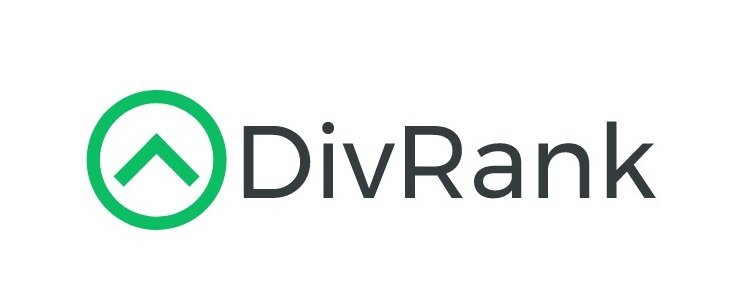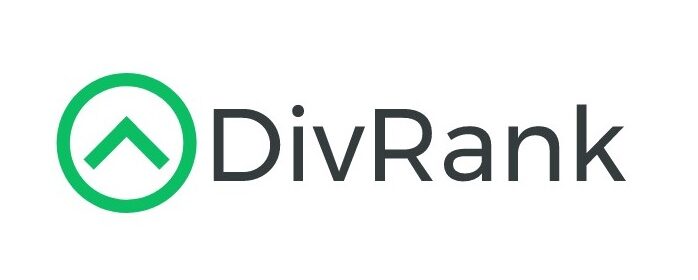Pro Members Only
You have reached your free viewing limit
Get unlimited access to the DivRank dividend research report database, analyst rating reviews and dividend trend analysis. Plus members can upgrade for a prorated rate.
Pro
$40/ PER MONTH
Billed annually at $479
Top 100 Dividend Stocks
Dividend Screener
Dividend Growth Lists Ratings
Dividend Kings, Masters, Contenters, Climbers, Aristocrats, REITs
Dividend Research Reports
Unlimited access to the DivRank Research Report Database containing 600+ four-page reports on Dividend Growth Stocks updated quarterly
Unlimited access to daily analyst rating reviews
Dividend Trend Reports
Get unlimited access to the DivRank dividend research report database, analyst rating reviews and dividend trend analysis. Plus members can upgrade for a prorated rate.
By accessing and using our paid services, you agree to our disclaimer and terms of service.
Pro Members Only
You have reached your free viewing limit
Get unlimited access to the DivRank dividend research report database, analyst rating reviews and dividend trend analysis. Plus members can upgrade for a prorated rate.
Pro
$40/ PER MONTH
Billed annually at $479
Top 100 Dividend Stocks
Dividend Screener
Dividend Growth Lists Ratings
Dividend Kings, Masters, Contenters, Climbers, Aristocrats, REITs
Dividend Research Reports
Unlimited access to the DivRank Research Report Database containing 600+ four-page reports on Dividend Growth Stocks updated quarterly
Unlimited access to daily analyst rating reviews
Dividend Trend Reports
Get unlimited access to the DivRank dividend research report database, analyst rating reviews and dividend trend analysis. Plus members can upgrade for a prorated rate.
By accessing and using our paid services, you agree to our disclaimer and terms of service.

